- Home
- Nora Roberts
Reflections Page 2
Reflections Read online
Page 2
He was not the giant Lindsay had first imagined. He was tall, certainly—perhaps a foot taller than herself—but hardly a bone-crushing giant or satanic apparition. She began to feel more foolish than frightened.
“I’m terribly sorry,” she began. She was fully aware that she had been at fault and equally willing to admit it. “I did look, but I didn’t . . .”
“Looked?” he interrupted. The impatience in his tone barely covered a deeper, tightly controlled fury. “Then perhaps you’d better start wearing your glasses. I’m sure your father paid good money for them.”
Lightning flashed once, slicing white across the sky. More than the words, Lindsay resented the tone. “I don’t wear glasses,” she retorted.
“Then perhaps you should.”
“My eyes are fine.” She pushed clinging hair from her brow.
“Then you certainly should know better than to walk out into the middle of the street.”
Rain streamed down her face as she glared at him. She wondered that it didn’t turn to steam. “I apologized,” she snapped, placing her hands on her hips. “Or had begun to before you jumped on me. If you expect groveling, you can forget it. If you hadn’t been so heavy on the horn, I wouldn’t have slipped and landed in that stupid puddle.” She wiped ineffectually at the seat of her pants. “I don’t suppose it occurs to you to apologize?”
“No,” he answered evenly, “it doesn’t. I’m hardly responsible for your clumsiness.”
“Clumsiness?” Lindsay repeated. Her eyes grew round and wide. “Clumsiness?” On the repetition, her voice broke. To her, there was no insult more vile. “How dare you!”
She would take the dunk in the puddle, she would take his rudeness, but she would not take that. “You’re the most deplorable excuse for a man I’ve ever met!” Her face was aglow with passion now, and she pushed impatiently at the hair the rain continued to nudge into her eyes. They shone an impossibly vivid blue against her flushed skin. “You nearly run me down, frighten me to death, push me into a puddle, lecture me as if I were a near-sighted child and now, now you have the nerve to call me clumsy!”
A winglike brow raised up at the passion of her speech. “If the shoe fits,” he murmured, then stunned her by grabbing her arm and pulling her with him.
“Just what are you doing?” Lindsay demanded, trying for imperviousness and ending on a squeak.
“Getting out of this damn downpour.” He opened the car door on the driver’s side and shoved her, without ceremony, inside. Automatically, Lindsay scooted across the seat to accommodate him. “I can hardly leave you out in the rain.” His tone was brusque as he moved in beside her at the wheel and slammed the door behind him. The storm battered against the windows.
He dragged his fingers through the thick hank of hair that was now plastered against his forehead, and Lindsay was immediately taken with his hand. It had the wide palm and long-fingered extension of a pianist. She almost felt sympathy for his predicament. But then he turned his head. The look was enough to erase any empathy.
“Where were you going?” he asked. The question was curt, as though it had been put to a child. Lindsay straightened her wet, chilled shoulders.
“Home, about a mile straight down this road.”
The brows lifted again as he took a good, long look at her. Her hair hung limp and straight around her face. Her lashes were darkened and curled without the aid of mascara, framing eyes almost shockingly blue. Her mouth pouted, but it obviously did not belong to the child he had first taken her for. Though unpainted, it was clearly a woman’s mouth. The naked face had something beyond simple beauty, but before he could define it, Lindsay shivered, distracting him.
“If you’re going to go out in the rain,” he said mildly as he reached toward the back seat, “you should take care to dress for it.” He tossed a tan jacket into her lap.
“I don’t need . . .” Lindsay began, only to break off by sneezing twice. Teeth clenched, she slipped her arms into the jacket as he started the engine. They drove in silence with the rain drumming on the roof.
It occurred to Lindsay all at once that the man was a total stranger. She knew virtually everyone in the small seacoast town by name or by sight, but never had she seen this man. She would hardly have forgotten that face. It was easy, in the slow-moving, friendly atmosphere of Cliffside, to be casual, but Lindsay had also spent several years in New York. She knew the very real dangers of accepting rides from strangers. Surreptitiously, she inched closer to the passenger door.
“A bit late to think of that now,” he said quietly.
Lindsay’s head snapped around. She thought, but couldn’t be certain, that his mouth lifted slightly at the corner. She angled her chin. “Just there,” she said coolly, pointing to the left. “The cedar house with the dormers.”
The car purred to a halt in front of a white picket fence. Pulling together all her dignity, Lindsay turned to him again. She fully intended to make her thanks frosty.
“You’d better get out of those wet clothes,” he advised before she could speak. “And next time, look both ways before you cross the street.”
She could only make a strangled sound of fury as she fumbled for the door handle. Stepping back into the torrent of rain, she glared across the seat. “Thanks heaps,” she snapped and slammed the door peevishly. She dashed around the back of the car and through the gate, forgetting she still wore a stranger’s jacket.
Lindsay stormed into the house. With her temper still simmering, she stood quite still, eyes shut, calling herself to order. The incident had been infuriating, outrageously so, but the last thing she wanted was to have to relate the entire story to her mother. Lindsay was aware that her face was too expressive, her eyes too revealing. Her tendency to so visibly express her feelings had been only another asset in her career. When she danced Giselle, she felt as Giselle. The audience could read the tragedy on Lindsay’s face. When she danced, she became utterly rapt in the story and in the music. But when her ballet shoes came off and she was Lindsay Dunne again, she knew it was not wise to let her thoughts shout from her eyes.
If she saw that Lindsay was upset, Mae would question her and demand a detailed account, only to criticize in the end. At the moment, the last thing that Lindsay wanted was a lecture. Wet and tired, she wearily began to climb the stairs to the second floor. It was then that she heard the slow, uneven footsteps, a constant reminder of the accident that had killed Lindsay’s father.
“Hi! I was just dashing upstairs to change.” Lindsay pulled back the wet hair from her face to smile at her mother, who stood at the foot of the stairs. Mae rested her hand on the newel post. Though her carefully coiffed hair had been dyed an ageless blond and her makeup had been skillfully applied, the effect was spoiled by Mae’s perpetual expression of dissatisfaction.
“The car was acting up,” Lindsay continued before the questioning could begin. “I got caught in the rain before I got a lift. Andy will have to give me a ride back tonight,” she added in afterthought.
“You forgot to give him back his jacket,” Mae observed. She leaned heavily on the newel post as she looked at her daughter. The damp weather plagued her hip.
“Jacket?” Blankly, Lindsay looked down and saw the wet, too-long sleeves that hung over her arms. “Oh no!”
“Well, don’t look so panic-stricken,” Mae said testily as she shifted her weight. “Andy can manage without it until tonight.”
“Andy?” Lindsay repeated, then made the connection her mother had guessed at. Explanations, she decided, were too complicated. “I suppose so,” she agreed casually. Then, descending a step, she laid her hand over her mother’s. “You look tired, Mother. Did you rest today?”
“Don’t treat me like a child,” Mae snapped, and Lindsay immediately stiffened. She drew her hand away.
“I’m sorry.” Her tone was restrained, but hurt flickered into her eyes
. “I’ll just go up and change before dinner.” She would have turned, but Mae caught at her arm.
“Lindsay.” She sighed, easily reading the emotions in the wide, blue eyes. “I’m sorry; I’m bad-tempered today. The rain depresses me.”
“I know.” Lindsay’s voice softened. It had been a combination of rain and poor tires that had caused her parents’ accident.
“And I hate your staying here taking care of me when you should be in New York.”
“Mother . . .”
“It’s no use.” Mae’s voice was sharp again. “Things won’t be right until you’re where you belong, where you’re meant to be.” Mae turned, moving down the hall in her awkward, uneven gate.
Lindsay watched her disappear before she turned to mount the stairs. Where I belong, she mused as she turned into her room. Where is that really? Closing the door, she leaned back against it.
The room was big and airy with two wide windows side by side. On the dresser that had been her grandmother’s was a collection of shells gathered from a beach barely a mile from the house. Set in a corner was a shelf stacked with books from her childhood. The faded Oriental rug was a prize she had brought back with her when she had closed up her New York apartment. The rocking chair was from the flea market two blocks away, and the framed Renoir print was from a Manhattan art gallery. Her room, she thought, reflected the two worlds in which she had lived.
Over the bed hung the pale pink toe shoes she had worn in her first professional solo. Lindsay walked over to them and lightly fingered the satin ribbons. She remembered sewing them on, remembered the stomach-churning excitement. She remembered her mother’s ecstatic face after the performance and her father’s gently awed one.
A lifetime ago, she thought as she let the satin fall from her fingers. Back then she had believed that anything was possible. Perhaps, for a time, it had been.
Smiling, Lindsay let herself remember the music, the movement, the magic and the times she had felt her body was without bounds, fluid and free. Reality had come afterward, with unspeakable cramping, bleeding feet, strained muscles. How had it been possible, again and again, to contort her body into the unnatural lines that made up the dance? But she had done it, and she had pushed herself to the limits of ability and endurance. She had given herself over, sacrificing her body and the years. There had been only the dance. It had absorbed her utterly.
Shaking her head, Lindsay brought herself back. That, she reminded herself, was a long time ago. Now, she had other things to think about. She stripped out of the damp jacket, then frowned at it. What do I do with this? she wondered.
The owner’s blatant rudeness came back to her. Her frown deepened. Well, if he wants it, he can just come back for it. A quick scan of the material and the label told her it was not a piece of clothing to be carelessly forgotten. But the mistake was hardly her fault, she told herself as she walked to the closet for a hanger. If he hadn’t made her so mad, she wouldn’t have forgotten to give it back to him.
She hung the jacket in her closet and began to peel off her own wet clothes. She slipped a thick, chenille robe over her shivering skin and closed the closet doors. She told herself to forget the jacket and the man it belonged to. Neither of them, she decided, had anything to do with her.
Chapter Two
It was a different Lindsay Dunne who stood greeting parents two hours later. She wore a high-necked, ruffled lawn blouse with a full, knife-pleated skirt, both in a rain-washed shade of blue. Her hair was neatly braided and coiled at each ear. Her features were calm and composed. Any resemblance to the wet, furious woman of the early evening had vanished. In her preoccupation with the recital, Lindsay had completely forgotten the incident in the rain.
Chairs had been set up in rows from which parents could watch their children’s performance. Behind the audience was a table on which coffee and assorted cookies had been arranged. Throughout the room Lindsay could hear the buzz of conversation, and it made her recall the innumerable recitals of her own past. She tried not to hurry through the handshakings and questions, but her mind flitted to the adjoining room, where two dozen girls were busy with tutus and toe shoes.
She was nervous. Underneath the calm, smiling exterior, Lindsay was every bit as nervous as she had been before every one of her own recitals. But she managed to field questions smoothly, knowing almost invariably in advance what they would be. She’d been here before, as a preschooler, a junior, an intermediate and as a senior dancer. Now she was the instructor. Lindsay felt there was no aspect of a recital that she had missed in her lifetime. Yet she was still nervous.
The quiet Beethoven sonata she had placed on the CD player had been an attempt to quiet her own nerves as much as to create atmosphere. It was foolish, she told herself, for a seasoned professional—an established instructor—to be nervous and tense over a simple recital. But there was no help for it. Lindsay’s heart was very close to the surface when it came to her school and her students. She wanted badly for the evening to be a success.
She smiled, shaking hands with a father whom she was certain would rather be at home watching a ball game. The finger he eased surreptitiously under his collar made it plain that he was uncomfortable in the restricting tie. If Lindsay had known him better, she would have laughed, then whispered to him to remove it.
Since she had started giving recitals more than two years before, one of Lindsay’s main objectives had been to keep the parents at ease. Her rule of thumb was that comfortable parents made a more enthusiastic audience, and a more enthusiastic audience could generate more students for the school. She had founded the school by word of mouth, and it was still a neighbor’s recommendation to a neighbor, a satisfied parent’s suggestion to an acquaintance, that kept it working. It was her business now, her living as well as her love. She considered herself fortunate to have been able to combine the two for a second time in her life.
Aware that many of the dancers’ families had come out of a sense of duty, Lindsay was determined to give them a good time. In each recital, she tried not only to vary the program but to see to it that every dancer had a part especially choreographed for her talent and ability. She knew that not all mothers were as ambitious for their children as Mae, nor were all fathers as supportive as hers had been.
But they came anyway, she thought, looking around her at the group huddled in her studio. They drove out in the rain, giving up a favorite television show or an after-dinner snooze on the sofa. Lindsay smiled, touched again by the perpetually unnoticed selflessness of parents dealing with their children.
It struck her then—strongly, as it did from time to time—how very glad she was to have come home, how very content she was to remain here. Oh, she had loved New York, the continual throb of life, the demands, the undeniable excitement, but the simple pleasure of the close-knit town and the quiet streets more than satisfied her now.
Everyone in the room knew each other, either by sight or by name. The mother of one of the senior dancers had been Lindsay’s sitter almost twenty years before. She’d worn a ponytail then, Lindsay remembered as she looked at the woman’s short, sculptured hairstyle. It had been a long ponytail tied up with colored yarn. It had swung when she walked, and Lindsay had found it beautiful. Now the memory warmed her and eased her nerves.
Perhaps everyone should leave at some point, then come back to their hometown as an adult, she reflected, whether they settled down there again or not. What a revelation it is to see the things and people we knew as children through an adult’s perspective.
“Lindsay.”
Lindsay turned to greet a former schoolmate, now the mother of one of her smallest dancers. “Hello, Jackie. You look wonderful.”
Jackie was a trim and competent brunette. Lindsay recalled that she had been on an amazing number of committees during their high school years. “We’re awfully nervous,” Jackie confessed, referring to herself, her daughter an
d her husband as one.
Lindsay followed Jackie’s eyes across the room and spotted the former track star turned insurance executive whom Jackie had married within a year of graduation. He was talking with two elderly couples. All the grandparents are here as well, Lindsay thought with a smile.
“You’re supposed to be nervous,” Lindsay told her. “It’s traditional.”
“I hope she’ll do well,” Jackie said, “for her sake. And she wants so badly to impress her daddy.”
“She’ll be just fine,” Lindsay assured her, giving the nervous hand a squeeze. “And they’ll all look wonderful, thanks to the help you gave me with the costumes. I haven’t had a chance to thank you yet.”
“Oh, that was a pleasure,” Jackie assured her. She glanced toward her family again. “Grandparents,” she said in an undertone, “can be terrifying.”
Lindsay laughed softly, knowing how these particular grandparents doted on the tiny dancer.
“Go ahead, laugh,” Jackie invited scornfully, but a self-deprecating smile touched her lips. “You don’t have to worry about grandparents yet. Or in-laws,” she added, giving the word a purposefully ominous tone. “By the way,” Jackie’s change of tone put Lindsay on immediate alert. “My cousin Tod . . . you remember?”
“Yes,” Lindsay answered cautiously as Jackie paused.
“He’s coming through town in a couple of weeks. Just for a day or so.” She gave Lindsay a guileless smile. “He asked about you the last time he phoned.”
“Jackie . . .” Lindsay began, determined to be firm.
“Why don’t you let him take you out to dinner?” Jackie continued, cutting off Lindsay’s chance to make a clean escape. “He was so taken with you last year. He’ll only be in town for a short time. He has a marvellous business in New Hampshire. You know, hardware; I told you.”

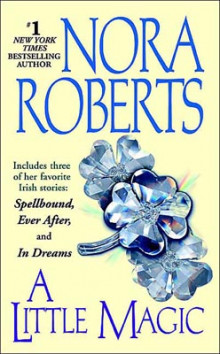 A Little Magic
A Little Magic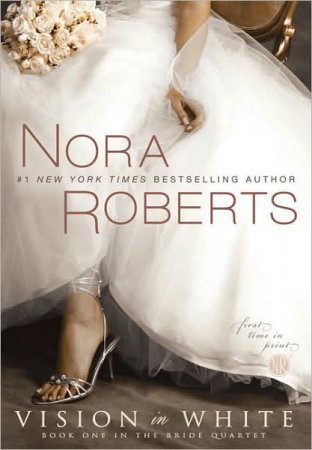 Vision in White
Vision in White True Betrayals
True Betrayals The Next Always
The Next Always A Man for Amanda
A Man for Amanda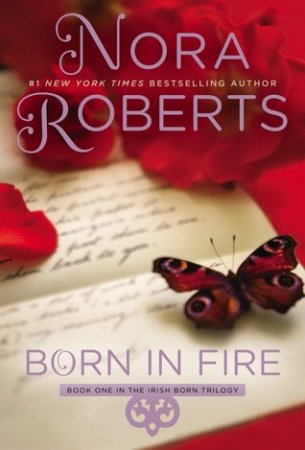 Born in Fire
Born in Fire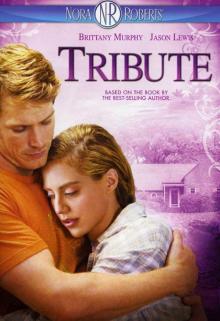 Tribute
Tribute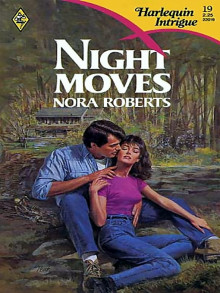 Night Moves
Night Moves Dance Upon the Air
Dance Upon the Air The Name of the Game
The Name of the Game Jewels of the Sun
Jewels of the Sun River's End
River's End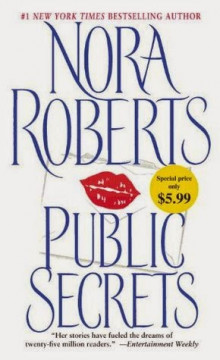 Public Secrets
Public Secrets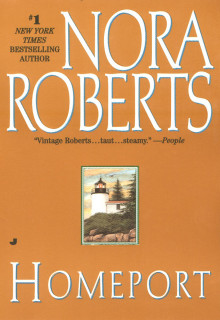 Homeport
Homeport Private Scandals
Private Scandals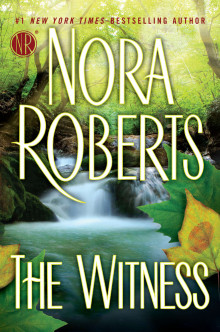 The Witness
The Witness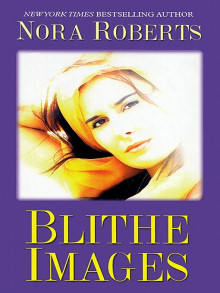 Blithe Images
Blithe Images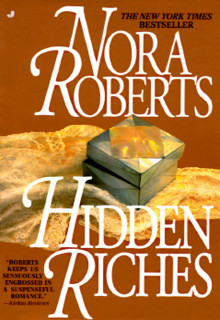 Hidden Riches
Hidden Riches Key of Light
Key of Light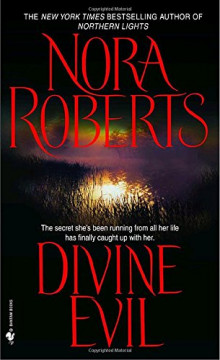 Divine Evil
Divine Evil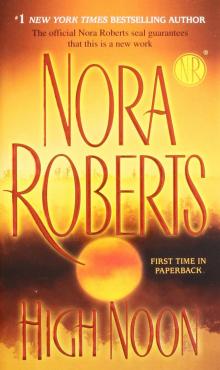 High Noon
High Noon Blue Dahlia
Blue Dahlia Sea Swept
Sea Swept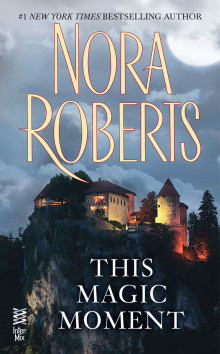 This Magic Moment
This Magic Moment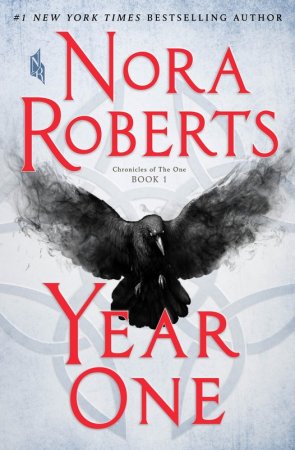 Year One
Year One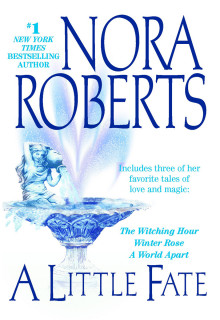 A Little Fate
A Little Fate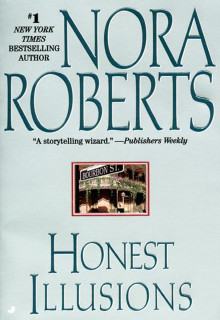 Honest Illusions
Honest Illusions The Reef
The Reef Shelter in Place
Shelter in Place The Hollow
The Hollow Holding the Dream
Holding the Dream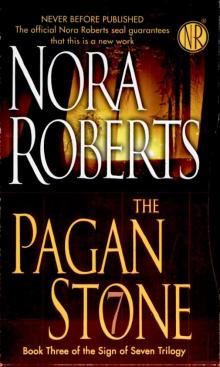 The Pagan Stone
The Pagan Stone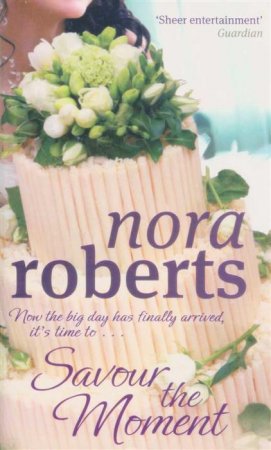 Savour the Moment
Savour the Moment The Perfect Hope
The Perfect Hope Island of Glass
Island of Glass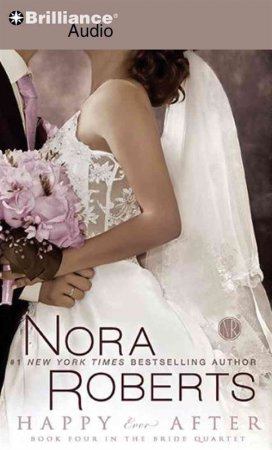 Happy Ever After
Happy Ever After Bed of Roses
Bed of Roses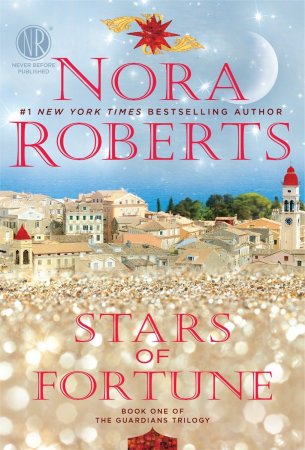 Stars of Fortune
Stars of Fortune Dark Witch
Dark Witch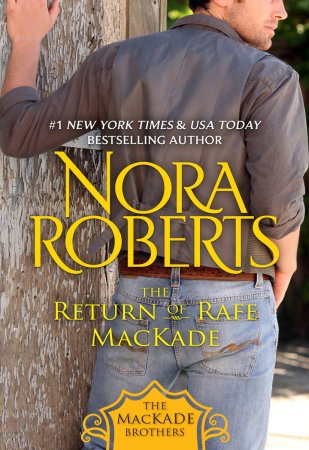 The Return of Rafe MacKade
The Return of Rafe MacKade Chesapeake Blue
Chesapeake Blue The Perfect Neighbor
The Perfect Neighbor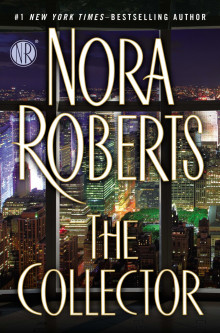 The Collector
The Collector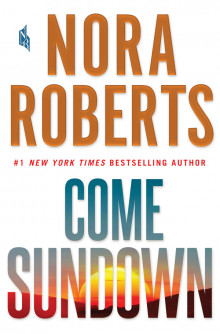 Come Sundown
Come Sundown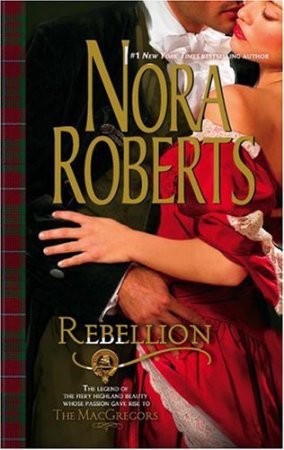 Rebellion
Rebellion Affaire Royale
Affaire Royale Daring to Dream
Daring to Dream Bay of Sighs
Bay of Sighs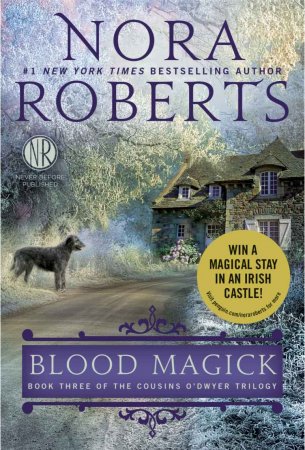 Blood Magick
Blood Magick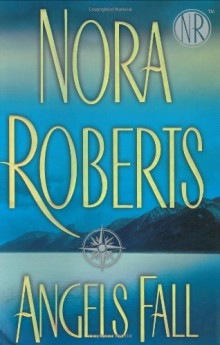 Angels Fall
Angels Fall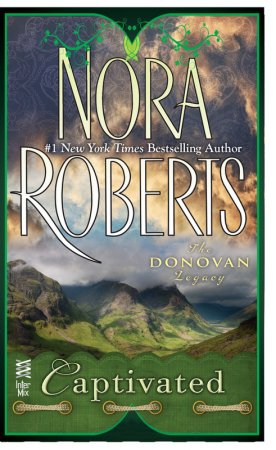 Captivated
Captivated The Last Boyfriend
The Last Boyfriend Irish Thoroughbred
Irish Thoroughbred Inner Harbor
Inner Harbor The Right Path
The Right Path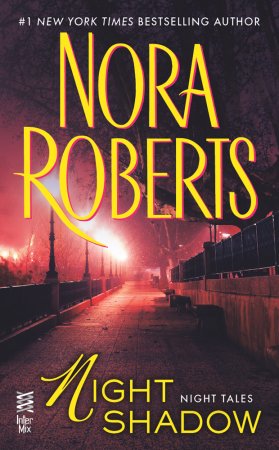 Night Shadow
Night Shadow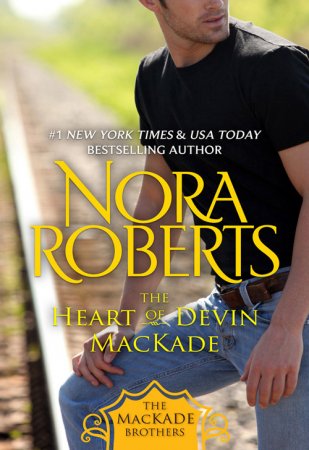 The Heart of Devin MacKade
The Heart of Devin MacKade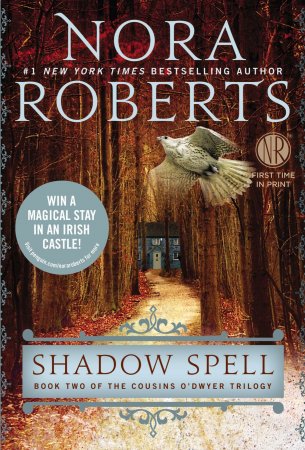 Shadow Spell
Shadow Spell The Playboy Prince
The Playboy Prince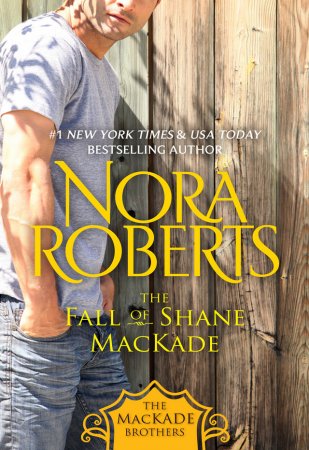 The Fall of Shane MacKade
The Fall of Shane MacKade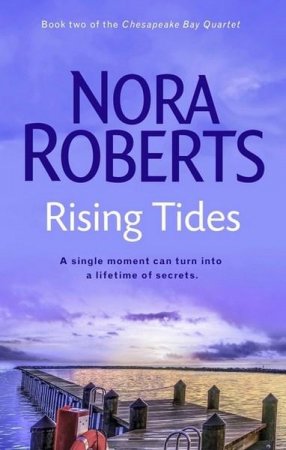 Rising Tides
Rising Tides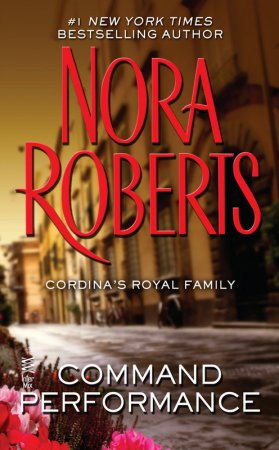 Command Performance
Command Performance Hidden Star
Hidden Star Cordina's Crown Jewel
Cordina's Crown Jewel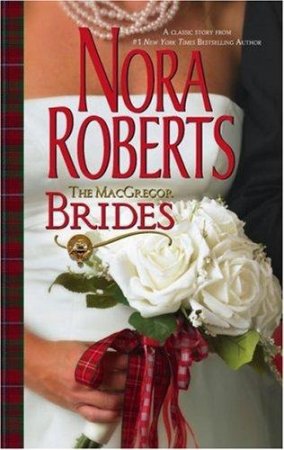 The MacGregor Brides
The MacGregor Brides The Pride of Jared MacKade
The Pride of Jared MacKade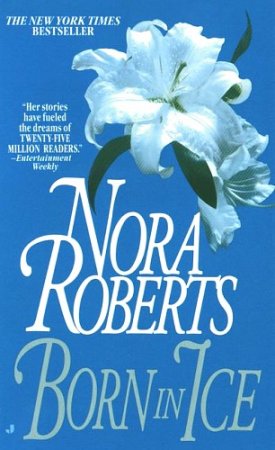 Born in Ice
Born in Ice Whiskey Beach
Whiskey Beach The Last Honest Woman
The Last Honest Woman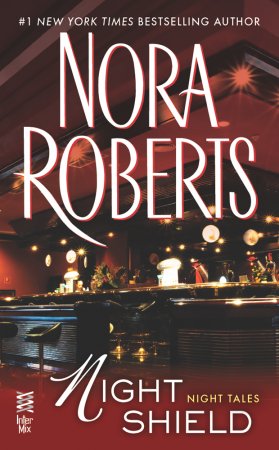 Night Shield
Night Shield Born in Shame
Born in Shame Secret Star
Secret Star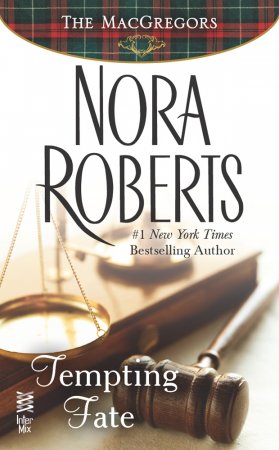 Tempting Fate
Tempting Fate Nightshade
Nightshade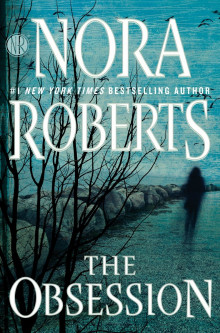 The Obsession
The Obsession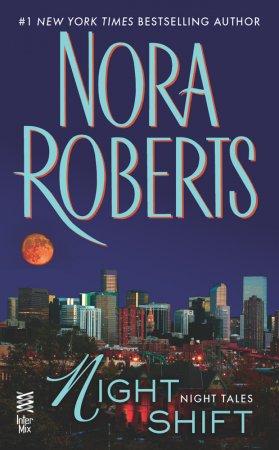 Night Shift
Night Shift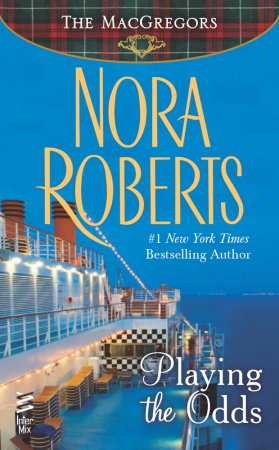 Playing The Odds
Playing The Odds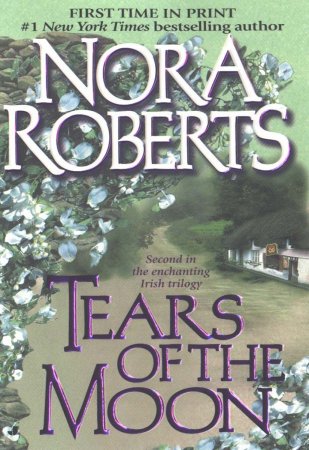 Tears of the Moon
Tears of the Moon One Man's Art
One Man's Art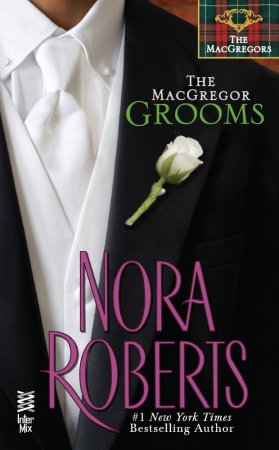 The MacGregor Groom
The MacGregor Groom Irish Rebel
Irish Rebel Morrigan's Cross
Morrigan's Cross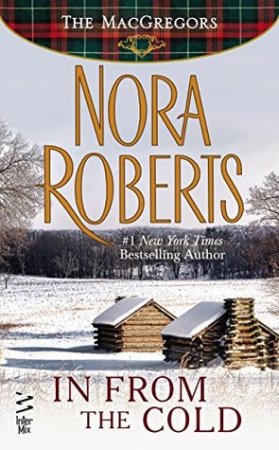 In From The Cold
In From The Cold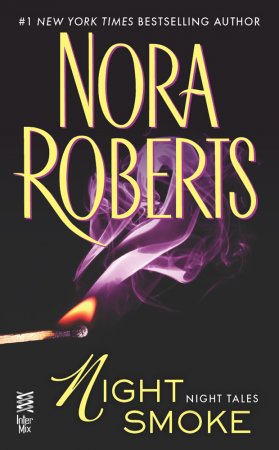 Night Smoke
Night Smoke Finding the Dream
Finding the Dream Red Lily
Red Lily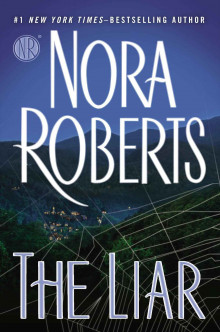 The Liar
The Liar Montana Sky
Montana Sky Heart of the Sea
Heart of the Sea All The Possibilities
All The Possibilities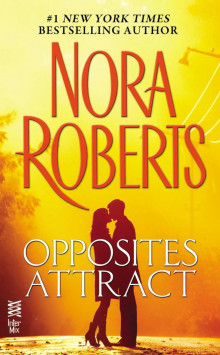 Opposites Attract
Opposites Attract Captive Star
Captive Star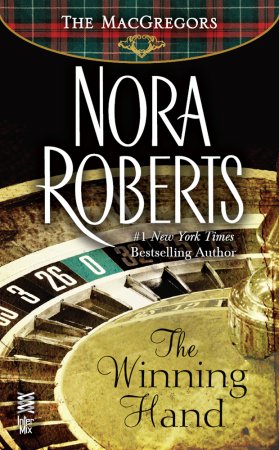 The Winning Hand
The Winning Hand Key of Valor
Key of Valor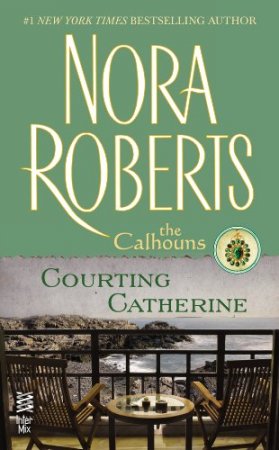 Courting Catherine
Courting Catherine Heaven and Earth
Heaven and Earth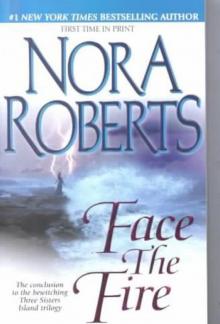 Face the Fire
Face the Fire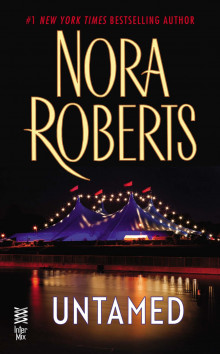 Untamed
Untamed Skin Deep
Skin Deep Enchanted
Enchanted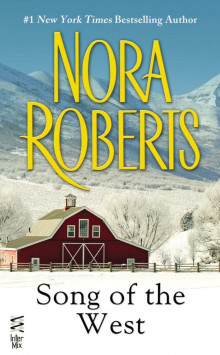 Song of the West
Song of the West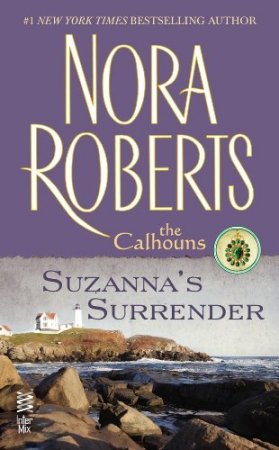 Suzanna's Surrender
Suzanna's Surrender Entranced
Entranced Dance of the Gods
Dance of the Gods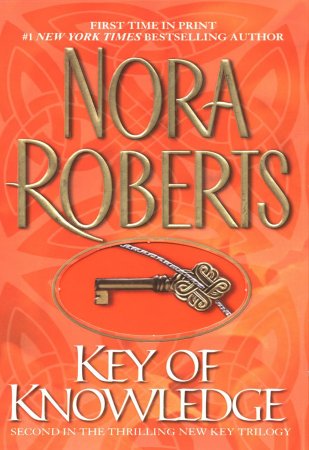 Key of Knowledge
Key of Knowledge Charmed
Charmed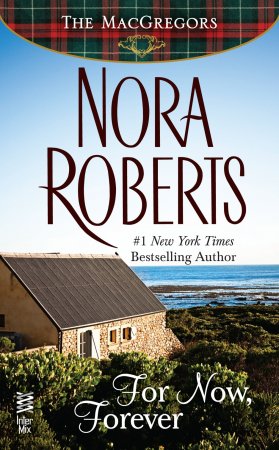 For Now, Forever
For Now, Forever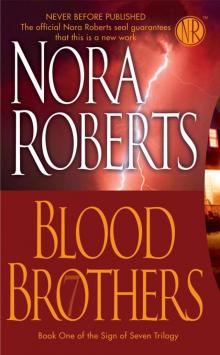 Blood Brothers
Blood Brothers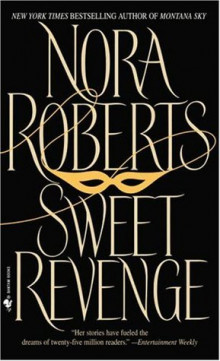 Sweet Revenge
Sweet Revenge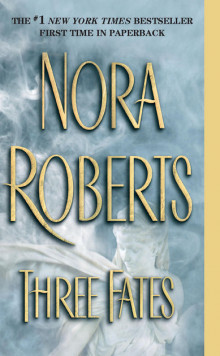 Three Fates
Three Fates Mind Over Matter
Mind Over Matter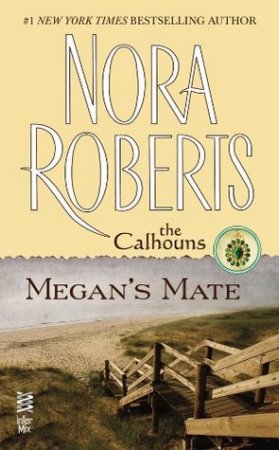 Megan's Mate
Megan's Mate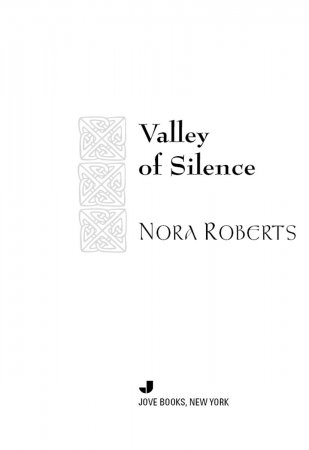 Valley of Silence
Valley of Silence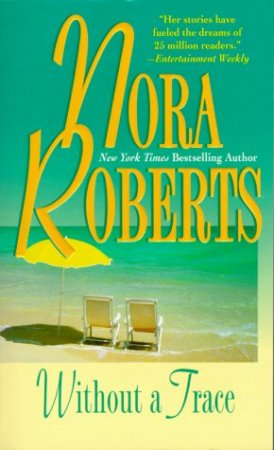 Without A Trace
Without A Trace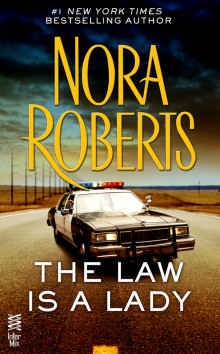 The Law is a Lady
The Law is a Lady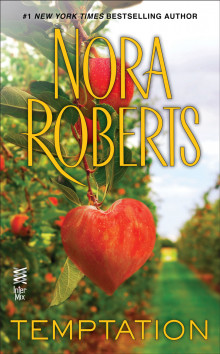 Temptation
Temptation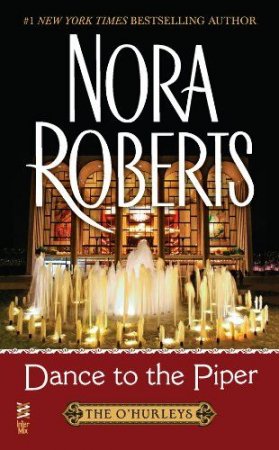 Dance to the Piper
Dance to the Piper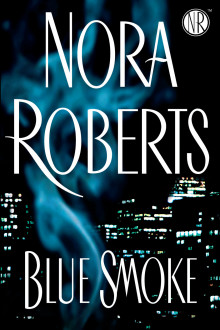 Blue Smoke
Blue Smoke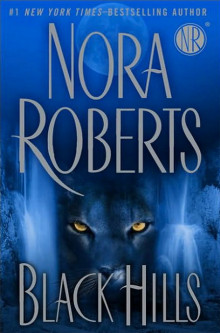 Black Hills
Black Hills The Heart's Victory
The Heart's Victory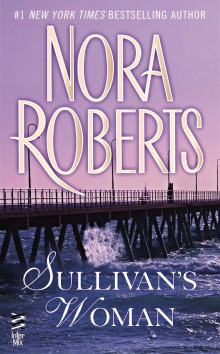 Sullivan's Woman
Sullivan's Woman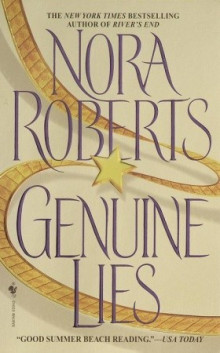 Genuine Lies
Genuine Lies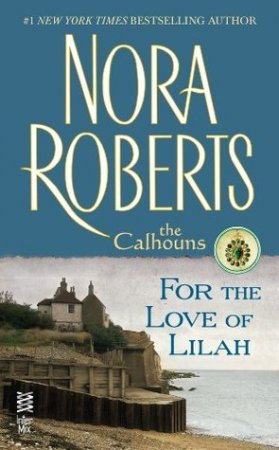 For the Love of Lilah
For the Love of Lilah Gabriel's Angel
Gabriel's Angel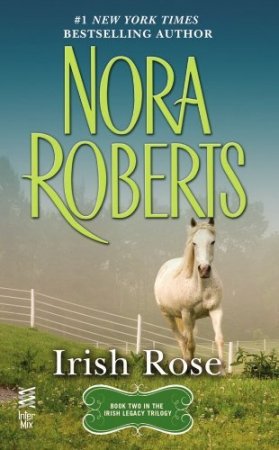 Irish Rose
Irish Rose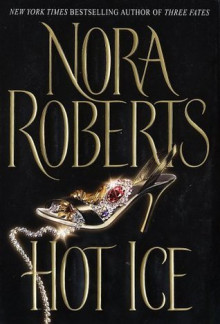 Hot Ice
Hot Ice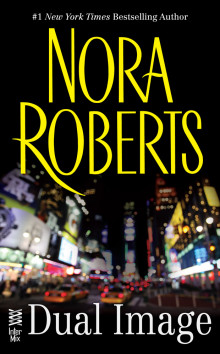 Dual Image
Dual Image Lawless
Lawless Catch My Heart
Catch My Heart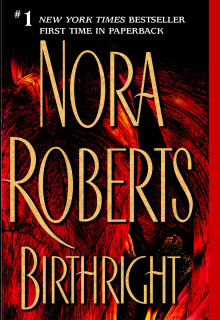 Birthright
Birthright First Impressions
First Impressions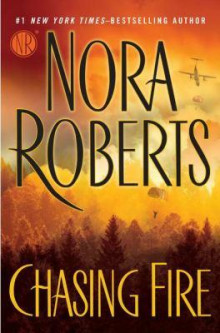 Chasing Fire
Chasing Fire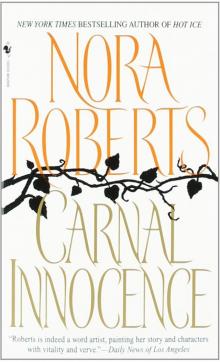 Carnal Innocence
Carnal Innocence Best Laid Plans
Best Laid Plans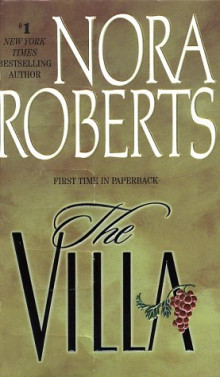 The Villa
The Villa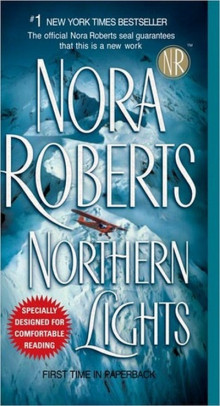 Northern Lights
Northern Lights Local Hero
Local Hero Island of Flowers
Island of Flowers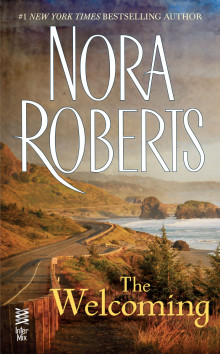 The Welcoming
The Welcoming All I Want for Christmas
All I Want for Christmas Black Rose
Black Rose Hot Rocks
Hot Rocks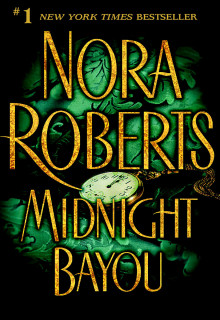 Midnight Bayou
Midnight Bayou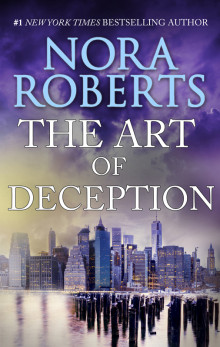 The Art of Deception
The Art of Deception From This Day
From This Day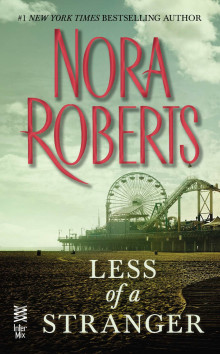 Less of a Stranger
Less of a Stranger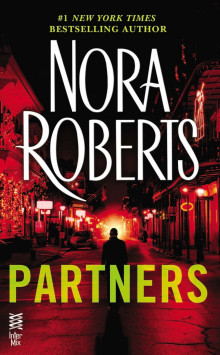 Partners
Partners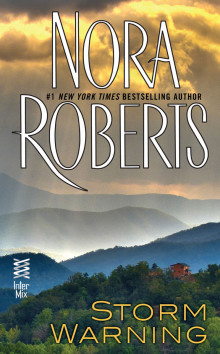 Storm Warning
Storm Warning Once More With Feeling
Once More With Feeling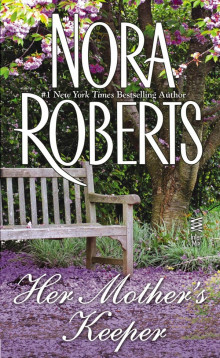 Her Mother's Keeper
Her Mother's Keeper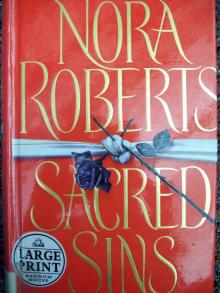 Sacred Sins
Sacred Sins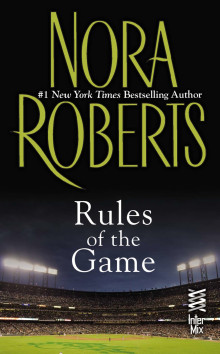 Rules of the Game
Rules of the Game Sanctuary
Sanctuary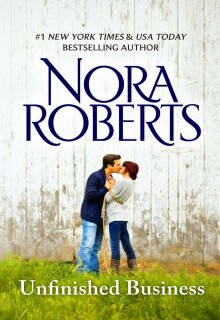 Unfinished Business
Unfinished Business Cordina's Royal Family Collection
Cordina's Royal Family Collection Dangerous Embrace
Dangerous Embrace One Summer
One Summer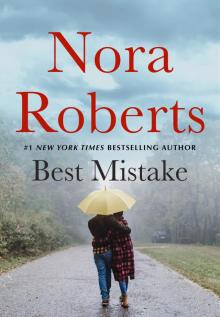 The Best Mistake
The Best Mistake Boundary Lines
Boundary Lines Under Currents
Under Currents The Stanislaski Series Collection, Volume 1
The Stanislaski Series Collection, Volume 1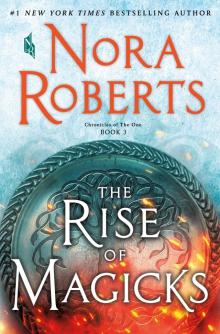 The Rise of Magicks
The Rise of Magicks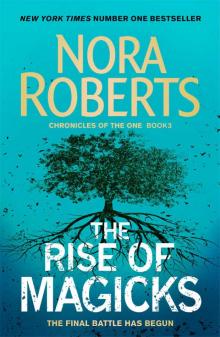 The Rise of Magicks (Chronicles of The One)
The Rise of Magicks (Chronicles of The One) The Awakening: The Dragon Heart Legacy Book 1
The Awakening: The Dragon Heart Legacy Book 1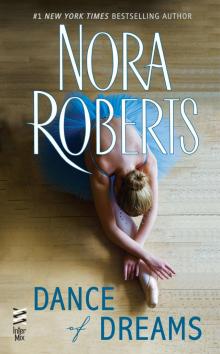 Dance of Dreams
Dance of Dreams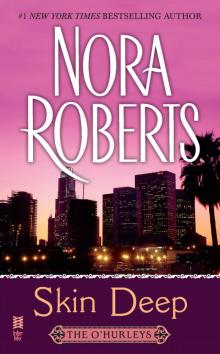 Skin Deep: The O'Hurleys
Skin Deep: The O'Hurleys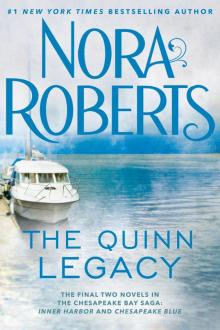 The Quinn Legacy: Inner Harbor ; Chesapeake Blue
The Quinn Legacy: Inner Harbor ; Chesapeake Blue![[Chronicles of the One 03.0] The Rise of Magicks Read online](http://i1.bookreadfree.com/11/chronicles_of_the_one_03_0_the_rise_of_magicks_preview.jpg) [Chronicles of the One 03.0] The Rise of Magicks
[Chronicles of the One 03.0] The Rise of Magicks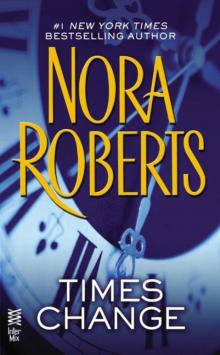 Times Change
Times Change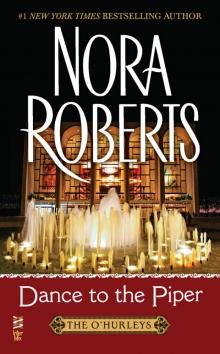 Dance to the Piper: The O'Hurleys
Dance to the Piper: The O'Hurleys Christmas In the Snow: Taming Natasha / Considering Kate
Christmas In the Snow: Taming Natasha / Considering Kate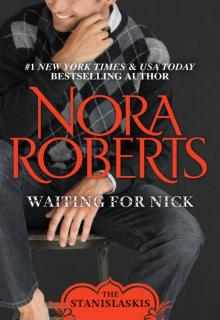 Waiting for Nick
Waiting for Nick Summer Desserts
Summer Desserts Dream 2 - Holding the Dream
Dream 2 - Holding the Dream The Novels of Nora Roberts, Volume 2
The Novels of Nora Roberts, Volume 2 In the Garden Trilogy
In the Garden Trilogy Eight Classic Nora Roberts Romantic Suspense Novels
Eight Classic Nora Roberts Romantic Suspense Novels Best Laid Plans jh-2
Best Laid Plans jh-2 From the Heart
From the Heart Holiday Wishes
Holiday Wishes Dream 1 - Daring to Dream
Dream 1 - Daring to Dream Second Nature
Second Nature Summer Pleasures
Summer Pleasures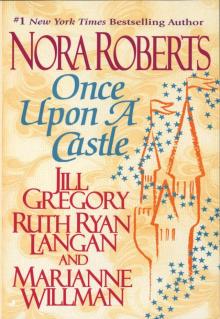 Once Upon a Castle
Once Upon a Castle Stars of Mithra Box Set: Captive StarHidden StarSecret Star
Stars of Mithra Box Set: Captive StarHidden StarSecret Star Impulse
Impulse The Irish Trilogy by Nora Roberts
The Irish Trilogy by Nora Roberts The Pride Of Jared Mackade tmb-2
The Pride Of Jared Mackade tmb-2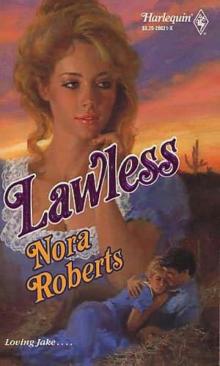 Lawless jh-3
Lawless jh-3 Taming Natasha
Taming Natasha Endless Summer
Endless Summer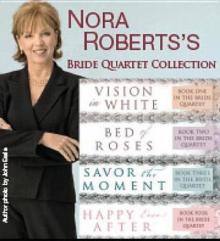 Bride Quartet Collection
Bride Quartet Collection Happy Ever After tbq-4
Happy Ever After tbq-4 Heart Of The Sea goa-3
Heart Of The Sea goa-3 Search for Love
Search for Love Once upon a Dream
Once upon a Dream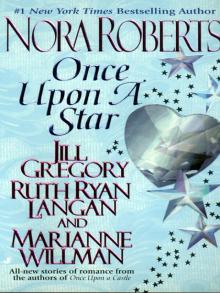 Once Upon a Star
Once Upon a Star Dream Trilogy
Dream Trilogy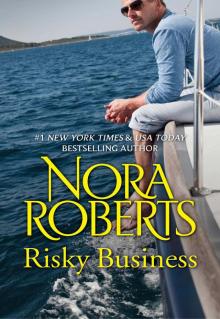 Risky Business
Risky Business The Novels of Nora Roberts, Volume 3
The Novels of Nora Roberts, Volume 3 Dream 3 - Finding the Dream
Dream 3 - Finding the Dream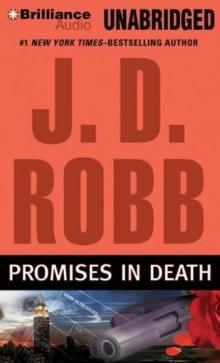 Promises in Death id-34
Promises in Death id-34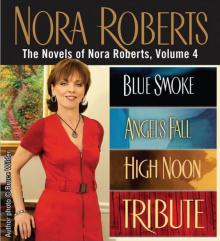 The Novels of Nora Roberts, Volume 4
The Novels of Nora Roberts, Volume 4 The Perfect Hope ib-3
The Perfect Hope ib-3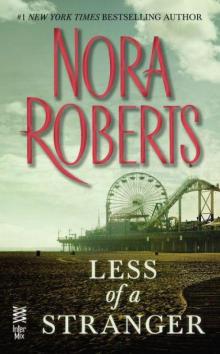 Less than a Stranger
Less than a Stranger Savour the Moment: Now the Big Day Has Finally Arrived, It's Time To...
Savour the Moment: Now the Big Day Has Finally Arrived, It's Time To...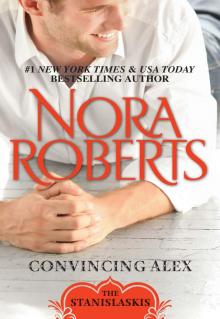 Convincing Alex
Convincing Alex Bed of Roses tbq-2
Bed of Roses tbq-2 Savour the Moment tbq-3
Savour the Moment tbq-3 Lessons Learned
Lessons Learned Key Of Valor k-3
Key Of Valor k-3 Red lily gt-3
Red lily gt-3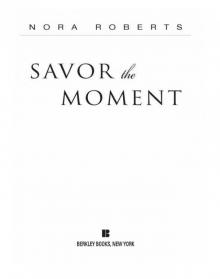 Savor the Moment
Savor the Moment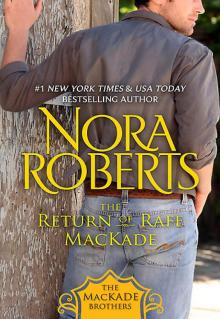 The Return Of Rafe Mackade tmb-1
The Return Of Rafe Mackade tmb-1 For The Love Of Lilah tcw-3
For The Love Of Lilah tcw-3 Black Rose gt-2
Black Rose gt-2 Novels: The Law is a Lady
Novels: The Law is a Lady Chesapeake Bay Saga 1-4
Chesapeake Bay Saga 1-4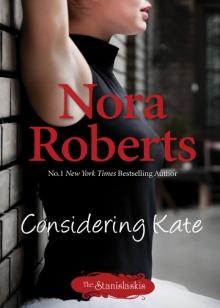 Considering Kate
Considering Kate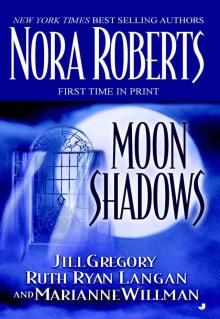 Moon Shadows
Moon Shadows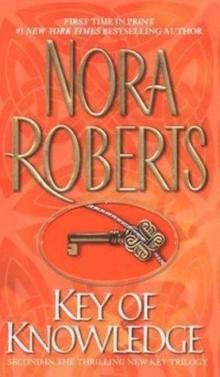 Key of Knowledge k-2
Key of Knowledge k-2 The Sign of Seven Trilogy
The Sign of Seven Trilogy Once Upon a Kiss
Once Upon a Kiss The Novels of Nora Roberts, Volume 5
The Novels of Nora Roberts, Volume 5 Suzanna's Surrender tcw-4
Suzanna's Surrender tcw-4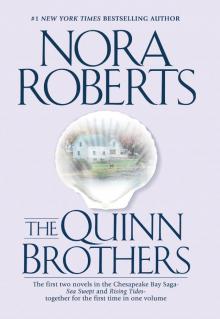 The Quinn Brothers
The Quinn Brothers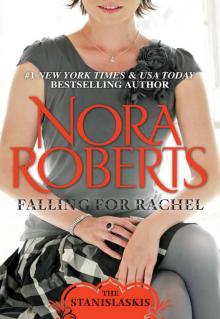 Falling for Rachel
Falling for Rachel Brazen Virtue
Brazen Virtue Time Was
Time Was The Gallaghers of Ardmore Trilogy
The Gallaghers of Ardmore Trilogy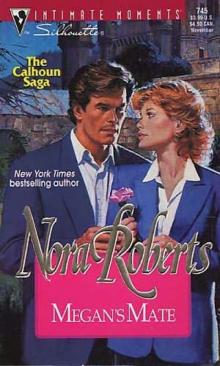 Megan's Mate tcw-5
Megan's Mate tcw-5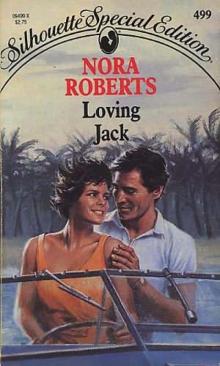 Loving Jack jh-1
Loving Jack jh-1 Rebellion & In From The Cold
Rebellion & In From The Cold Blue Dahlia gt-1
Blue Dahlia gt-1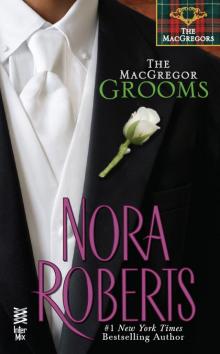 The MacGregor Grooms
The MacGregor Grooms The Next Always tibt-1
The Next Always tibt-1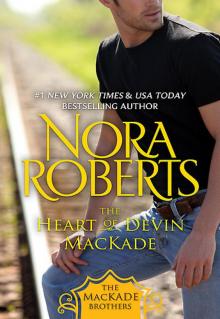 The Heart Of Devin Mackade tmb-3
The Heart Of Devin Mackade tmb-3 The Novels of Nora Roberts Volume 1
The Novels of Nora Roberts Volume 1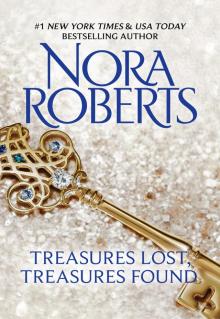 Treasures Lost, Treasures Found
Treasures Lost, Treasures Found Nora Roberts's Circle Trilogy
Nora Roberts's Circle Trilogy The Key Trilogy
The Key Trilogy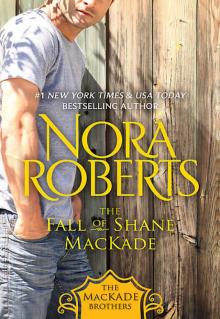 The Fall Of Shane Mackade tmb-4
The Fall Of Shane Mackade tmb-4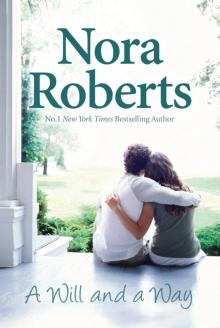 A Will And A Way
A Will And A Way Jewels of the Sun goa-1
Jewels of the Sun goa-1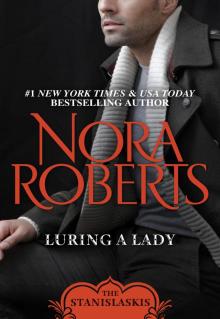 Luring a Lady
Luring a Lady